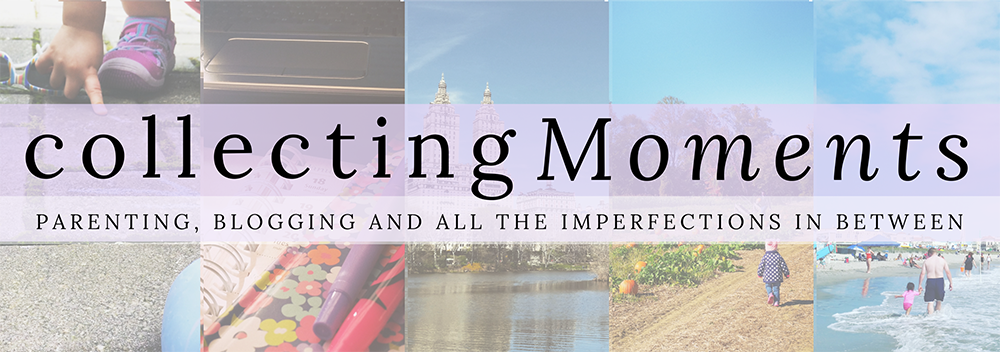My daughter may be almost 2, but I still remember her days as a newborn—when I wasn’t sure what I was doing, when chaos and exahaustion melded together so seamlessly, when I was lost as a first time mother.
I’ve read up on my typical and my not so typical books, but nothing prepared me for those first few weeks as a mother, or what laid beyond it. That’s why I’m so glad when I discovered Dr. Paul Roumeliotis’s Baby Comes Home book. I wished I’d known about it two years prior because it’s filled withuseful information for the new and experienced mother alike.
Baby Comes Home provides a comprehensive view of you and your baby’s journey from birth up to 18 months. It’s divided into 9 chapters ranging from Injury Prevention, Nutrition, and even Growth and Development. Each chapter is further divided into sections that relate to that particular category. about Think: an encyclopedia or a guidebook for parents. If you have a question, or simply need to know the essentials about your baby, Dr. Paul will give you the necessary answers.
Furthemore, book is organized in such a way that parents can read before the baby is born, or as reference material for those days and nights when you’re at a loss. In fact, I would even equate it to having a physician right at your fingertips. Need information on how much milk to give your baby? There’s a section for that! How about the symptoms for conjunctivitis? Just turn to page 229 for a comprehensive explanation.
Needless to say, this book gives parents answers to their most common questions, but also provides important information we’ve yet to discover about the growth and development of our children
Perhaps what I found most valuable about this book is how the information is delivered. Dr. Paul, though highly credited and well-informed, manages to get his point across without being too pushy or insistent on one method or another. From experience, I’ve often found that parenting books tend to lean from one extreme to another—breast vs. bottle, sleep training vs co-sleeping, etc. So much so, that I found it too constricting as a parent—that if I don’t do what the literature suggests, I’m automatically a bad parent and my daughter will suffer more for it.
This is not the case with Baby Comes Home. As much as possible, Dr. Paul provides parents with a view from both sides. Using his extensive knowledge of child development, he ensures an unbiased analysis of children’s health—one that is beneficial for different types of parents, with different types of children.
I also love the simplicity in his language. Often times, physicians tend to speak so technically that it leads to misunderstandings or just plain dismissal from parents. Baby Comes Home is entirely the opposite. Dr. Paul’s explanations hold both merit and care for his readers (and his readers’ children) with his philosophy both practical and sensible.
Compared to its counterparts, Baby Comes Home also provides a more comprehensive view of parenting. It answers questions not discussed in typical parenting books and furthermore, delves into the life AFTER the baby is born (rather than just focusing on the months leading up to it).
For future parents who want to be prepared, or for those days when you seem to have more questions than you do answers, Dr. Paul’s Baby Comes Home is a worthy investment. It provides parents with a sense of knowledge that is both comforting and informational, but also sensible. It’s definitely a useful tool for any parent’s arsenal of books, tips, and guidelines in raising their children.







No comments:
Post a Comment
Your comments make my day! Thank you.